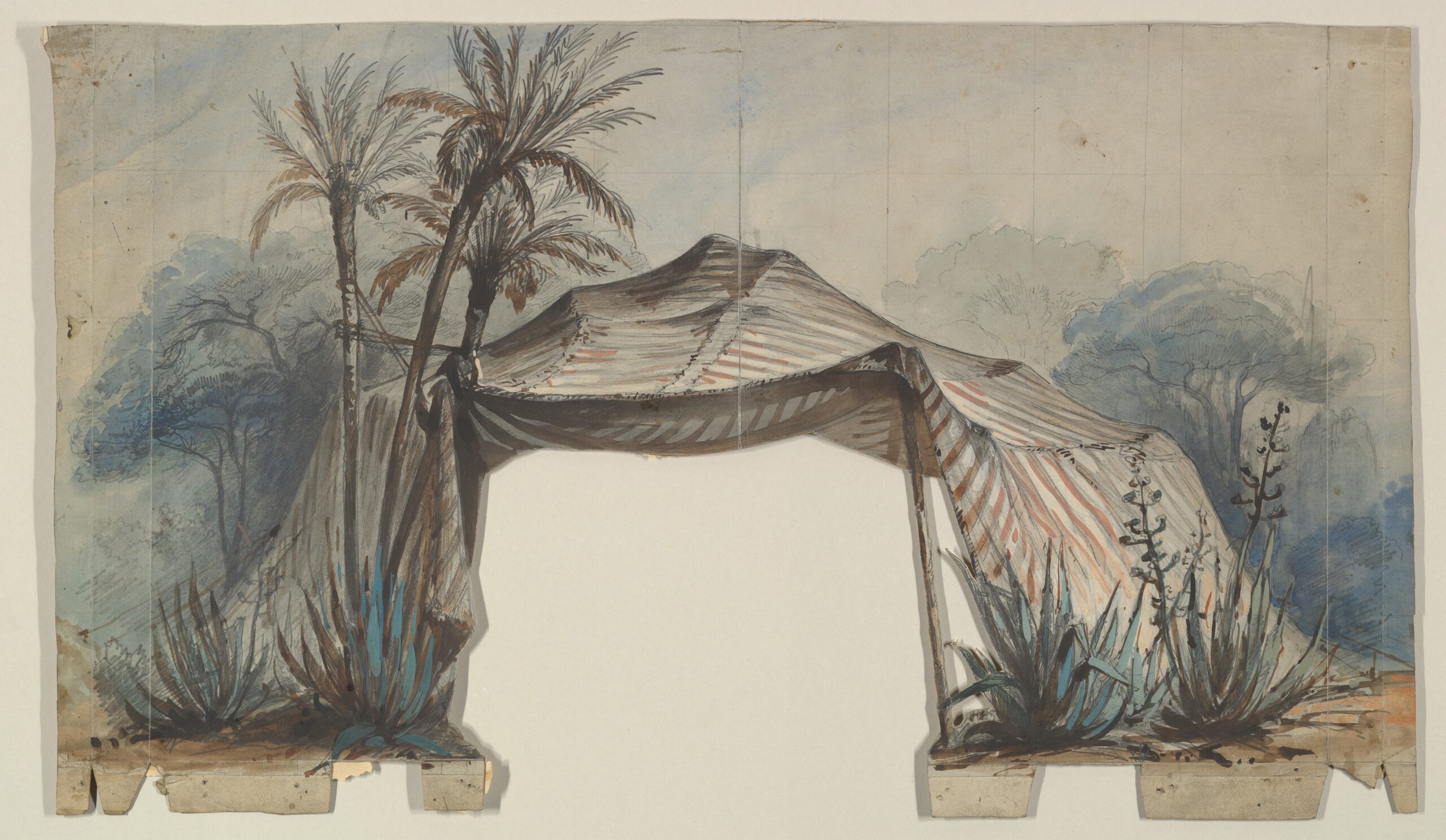“Nothing is stranger than this business of humans observing other humans in order to write about them,” Ruth Behar noted in The Vulnerable Observer: Anthropology that Breaks Your Heart (1996, 5). Through her lyrical prose, Behar encouraged anthropologists to not only recognize the strangeness of their fieldwork endeavors, but also dismantle the artificial separation between “the field” and “home” in ethnographic writing. The essays collected here similarly revisit what it means to witness and record heartbreaking anthropology.
In the three decades since The Vulnerable Observer’s publication, the mental, physical, and emotional costs of such vulnerability continue to be productively questioned. The American Ethnologist’s golden jubilee issue included a number of insightful reflections on fieldwork ethics, positionality, and justice in anthropology (e.g., Chao 2023; Friedner and Wolf-Meyer 2023; Mkhwanazi 2023). Calls for “patchwork ethnography,” for instance, underscore that “ethnographic practice is always already founded on a negotiation between intersecting responsibilities” to interlocutors, kin, and even one’s own health (Günel and Watanabe 2022). Yet, despite these critical interventions, anthropologists still too often valorize “heroic ethnographies,” where the intrepid anthropologist gallantly overcomes occupational hazards to produce groundbreaking scholarship (Arif 2020).
The collected essays do not view vulnerability solely as a means to elevate ethnography. Rather, the intimate portrayals underscore the precarious basis of anthropological knowledge production. The authors highlight moments of injury, violence, confusion, and doubt. At times, these hardships lead to theoretical clarity. At other times, there is no clear resolution. Taken together, they consider: What does it mean to pursue heartbreak as an anthropological method? What does ethnographic labor require? Who does that pursuit implicate? And, perhaps most importantly, is this work worth it after all? Like Cicéri’s eerie set designs, included here, the essays pull back the curtain on fieldwork and writing. They draw our attention to the affective scenery that sets the stage for ethnography, yet often fades into the background.

Eugène Cicéri, “Design for a Stage Set,” 1830-1890. Source: Metropolitan Museum of Modern Art.
The essays in this installment focus on loss, broadly defined. Whether commemorating the loss of life or confronting a loss for words, each author draws attention to notable absences in the classroom, out in the field, and back at home. Though highly personal, the essays explore broadscale problems such as war, immigration, climate change, sexual violence, and mental health. The featured pieces span both cultural and historical contexts, bringing diverse pasts into conversation with diverse presents.
While Hanna Dosenko mourns the loss of a beloved soldier in Ukraine, Karina Hoření commemorates the ghosts of World War II in the Czech Republic. Oriol Pascual Pérez weaves the story of a nineteenth-century saint with the memory of a spellbinding interlocutor. Chiara Pussetti finds the words to lament her father in the poetry and cosmology of Guinea-Bissau.
Although heartbreak is experienced on an individual level, many essays utilize collaborative strategies to broaden ethnographic perspectives. Co-authors Lucas Rozelle, Emily Reynolds, and Kathryn E. Goldfarb offer “living archives” of wildfire survivors as testimonies to loss and repair in Boulder County, Colorado. The plight of the endangered markhor in northern Pakistan drives Hassan F. Virk’s immersion in nonhuman relationality. Meghna Roy finds a way to heal with the help of counseling psychology students in South India.
Yet another group of essays depict the struggle to bear witness to injustice as a neutral observer. Deborah A. Boehm documents the grim conditions of an ICE detention facility in the southwestern US and reflects on detainees’ loss of freedom. Maryam Fouad loses and then regains a sense of self while bearing witness to incarcerated girls in Egypt. Emanuela Nadia Borghi grapples with the responsibility of telling survivor stories after trauma.
The collected essays in this installment, with Ruth Behar, write against the notion that “Anthropology is not for the softhearted” (Behar 1996, 24). The authors lean into a tenderhearted and radical honesty. Yet, in doing so, they also destabilize disciplinary logics that prioritize certain bodies, backgrounds, and compositions in the discipline. Following heartbreaking setbacks, there is no guarantee that we will emerge better, stronger, or more whole. Instead, we are at a loss to find ourselves in what is left behind.
References
Arif, Yasmin. 2000. “We Don’t Need Another Hero.” Commoning Ethnography 3 (1): 117-122.
Behar, Ruth. 1996. The Vulnerable Observer: Anthropology That Breaks Your Heart. Boston, MA: Beacon Press.
Chao, Sophie. 2024. “To write or not to write?” American Ethnologist 51: 63–71.
Friedner, Michele, and Matthew Wolf-Meyer. 2024. “Becoming malleable.” American Ethnologist 51: 78–83.
Günel, Gökçe, and Chika Watanabe. 2024. “Patchwork ethnography.” American Ethnologist 51: 131–139.
Mkhwanazi, Nolwazi. 2024. “What good is anthropology?” American Ethnologist 51: 111–117.
Salwa Tareen is a postdoctoral fellow in the Institute of Cultural Anthropology and Developmental Sociology at Leiden University. Her research explores religion, gender, and the politics of care in urban South Asia.
Cite as: Tareen, Salwa. 2025. “Anthropology that Breaks Your Heart: Loss and Found.” In “Anthropology that Breaks Your Heart: Loss and Found,” edited by Salwa Tareen, Magdalena Zegarra Chiappori, and Hosanna Fukuzawa, American Ethnologist website, 24 November. [https://americanethnologist.org/online-content/anthropology-that-breaks-your-heart-loss-and-found-by-salwa-tareen/]
This piece was edited by American Ethnological Society Digital Content Editor Kathryn E. Goldfarb (kathryn.goldfarb@colorado.edu).




